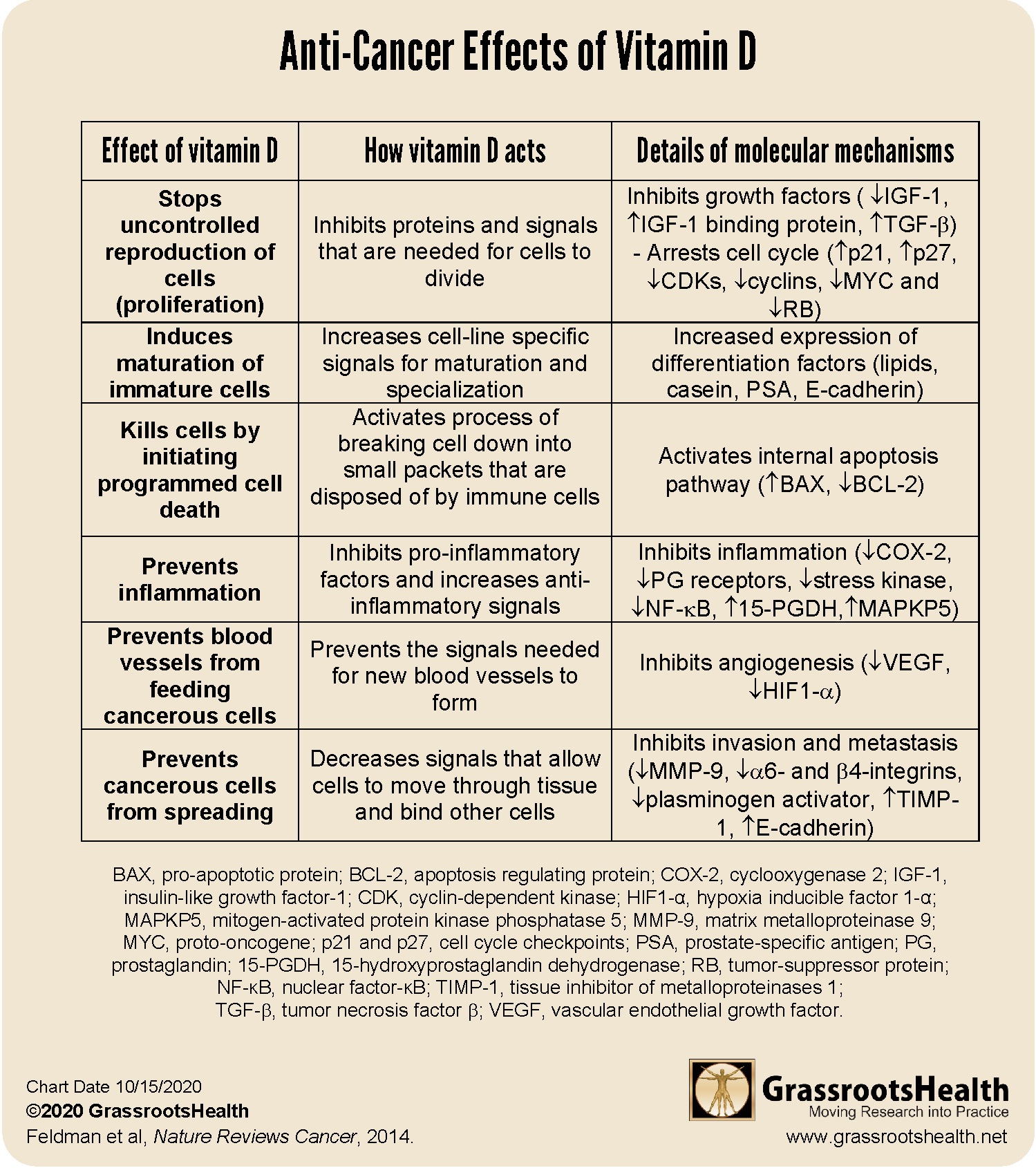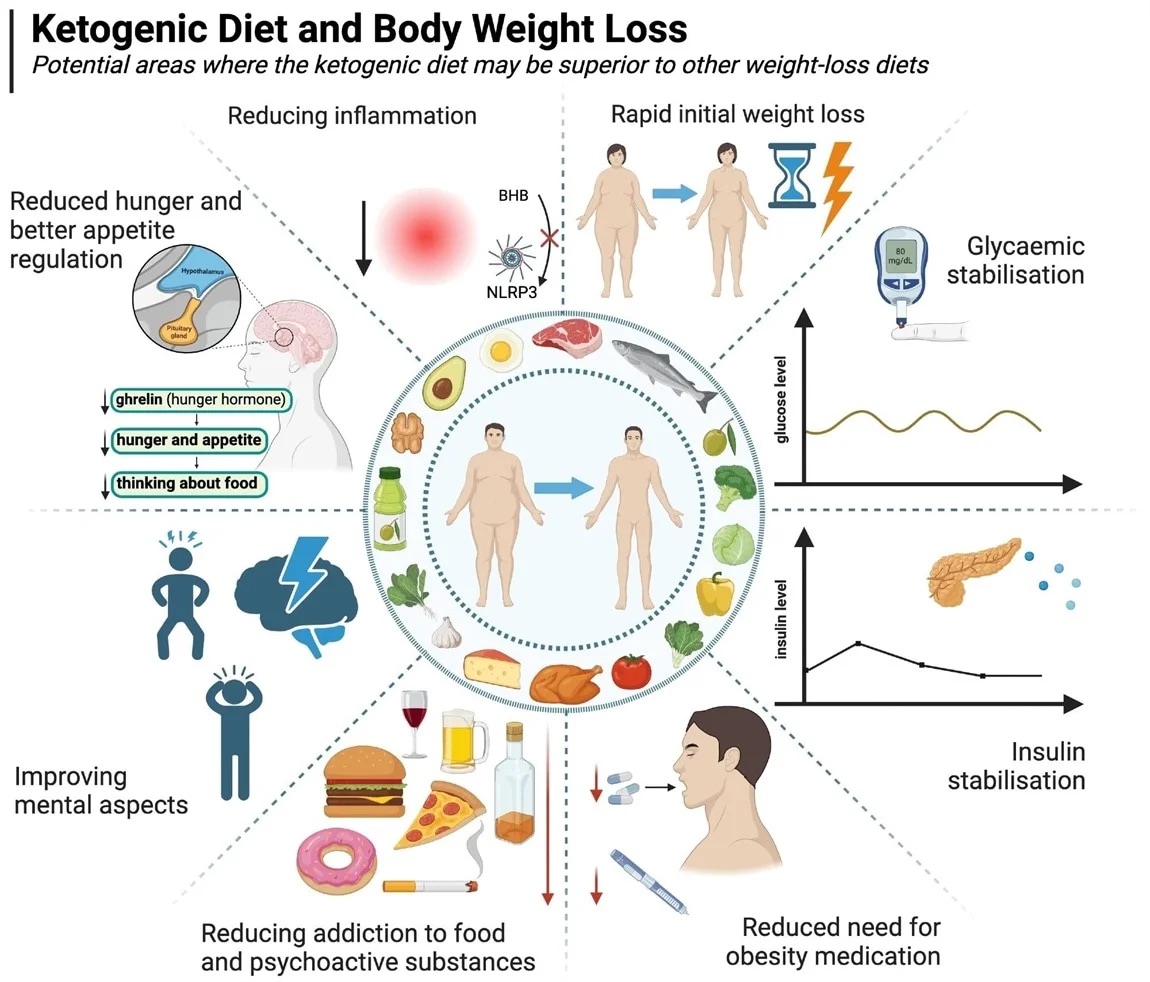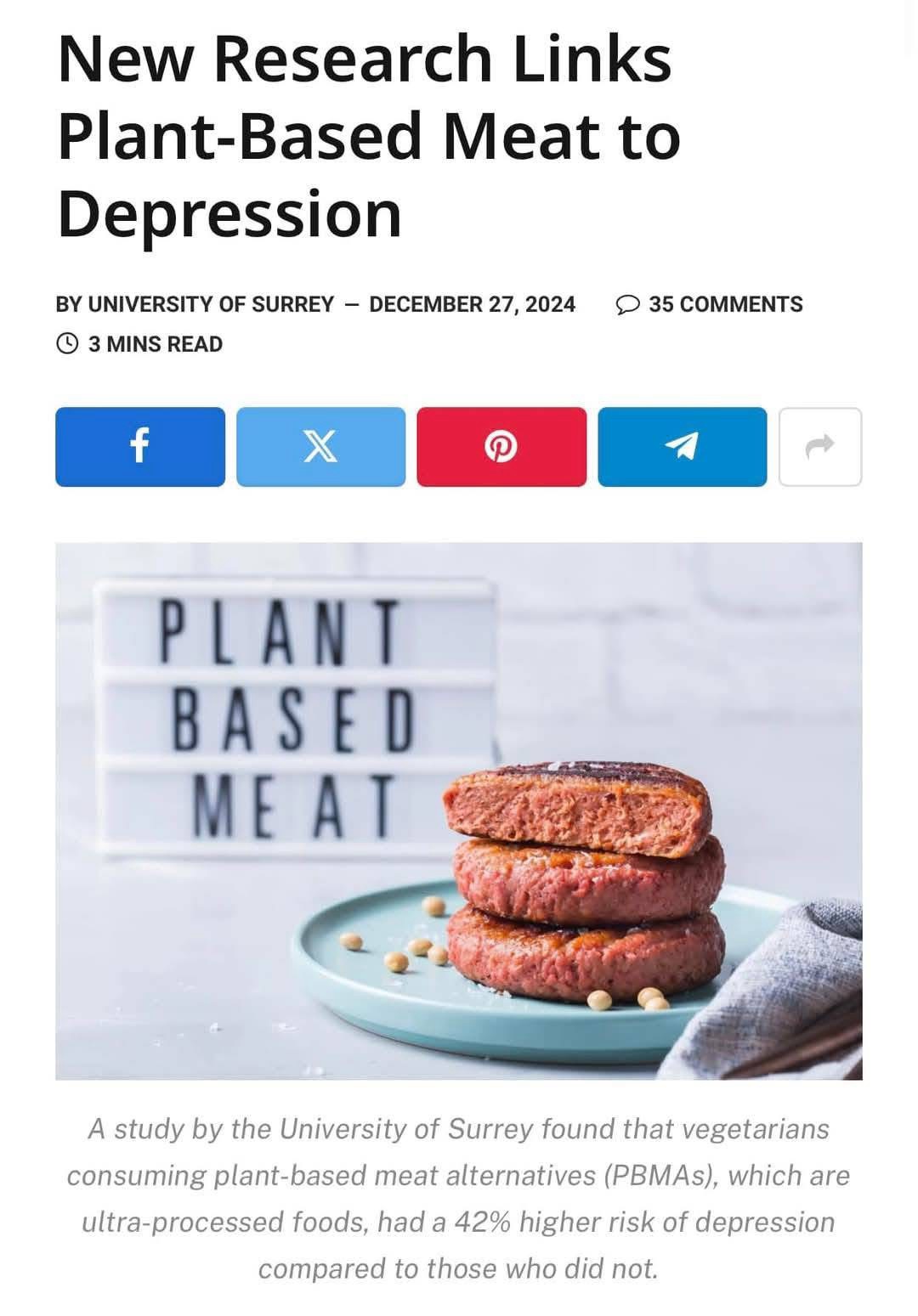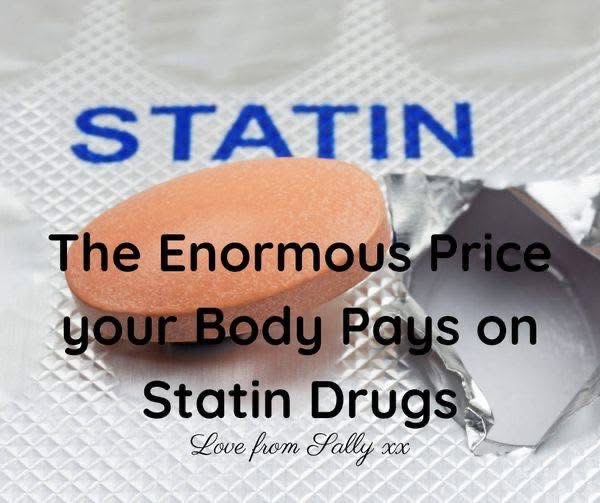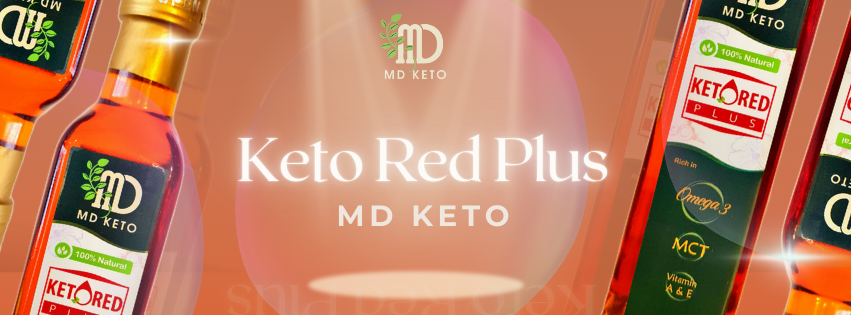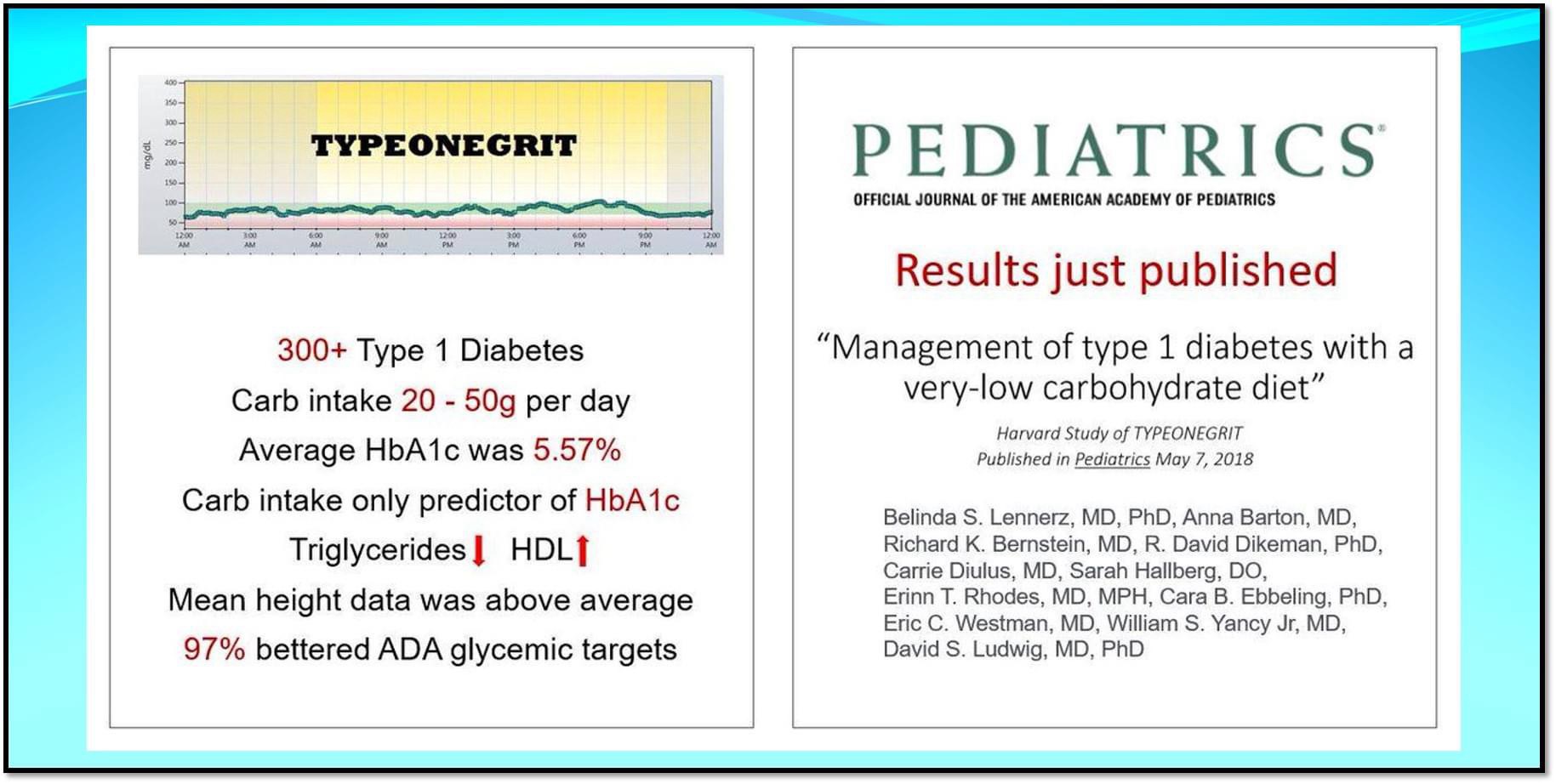Cancer Prevention Awareness Week (March 20-26, 2021) has been launched to help people better understand the links between cancer and diet, lifestyle, weight, and other factors, as well as the steps they can take on a daily basis to help reduce cancer risk.
Category: Knowledge
A growing body of evidence has increasingly linked diet sodas and other no- or low-calorie foods with weight gain — so much so that the World Health Organization issued an advisory in May 2023 saying not to use sugar substitutes for weight loss. “Replacing free sugars with non-sugar sweeteners does not help people control their
A doctor who graduated from Harvard University has gone viral after revealing how eating too little salt could be more dangerous than eating too much. Dr. Saurabh Sethi, a gastroenterologist, regularly shares his experience and knowledge with his over 487,800 followers on TikTok.
In a recent review article published in the journal Nutrients, researchers reviewed the existing literature to assess the advantages of ketogenic diets (KD) over other dietary approaches for weight loss and other health benefits. Their findings indicate that KD may be effective for hunger control, faster weight loss, improved insulin and blood sugar regulation, reduced inflammation, and
Could a keto diet replace diabetes meds? New research explores the possibilitiesRead More »
Vegetarians consuming plant-based meat alternatives may face increased risks of depression and inflammation, though these foods lower IBS risk. Further research is needed to confirm these findings and their broader implications.
(which actually doesn’t need lowering!)Clinical research indicates that cholesterol-lowering drugs (statins) are associated with over 300 adverse health effects. Tragically, 1 out of 4 Americans currently use these drugs (probably the same here in South Africa) to supposedly “prevent heart disease.” This is insanity at it’s worst. For 50 years statins have successfully lulled people
THE HIGH COST OF STATIN DRUGS (TO YOUR BODY!) TO LOWER CHOLESTEROLRead More »
(which actually doesn’t need lowering!)Clinical research indicates that cholesterol-lowering drugs (statins) are associated with over 300 adverse health effects. Tragically, 1 out of 4 Americans currently use these drugs (probably the same here in South Africa) to supposedly “prevent heart disease.” This is insanity at it’s worst. For 50 years statins have successfully lulled people
THE HIGH COST OF STATIN DRUGS (TO YOUR BODY!) TO LOWER CHOLESTEROLRead More »
Ketored Plus is a vegetarian-friendly nutritional supplement containing MCT oil, Omega-3 fatty acids, and vitamins A and E, designed to fully support your health. MCT oil offers a quick source of energy and supports cognitive function. Omega-3 fatty acids provide numerous benefits, including promoting heart health and reducing inflammation. Vitamin A helps maintain healthy vision,
这是一种适合素食者的营养补充剂,含有MCT油、Omega-3脂肪酸以及维生素A和E,可全面支持您的健康。 MCT油提供快速能量来源,支持认知功能。Omega-3脂肪酸具有许多好处,包括促进心脏健康和减少炎症。维生素A有助于维持健康的视力,而维生素E则是一种强效抗氧化剂,可保护细胞免受损害。 Ketored Plus经过精心调配,以满足素食者的需求,确保不含动物来源的成分。它是一种方便可靠的方式,供应植物性饮食可能缺乏的重要营养素。 其独特配方包含天然的抗炎成分,适合老人饮用,有助于缓解身体炎症、提升体能和增强整体活力。对于儿童,KETORED PLUS富含有益于大脑发育的营养成分,帮助提高专注力和认知能力,让孩子思维更敏捷。对于孕妇,KETORED PLUS的成分能促进身体恢复、补充必要营养,帮助更好地应对身体变化与恢复需求。 现有两种包装选择: 250毫升瓶装,适合日常使用,方便随时补充营养; 10 x 30毫升的小瓶散装,便于携带和精准控制每次的用量,适合出差、旅行或每日随身携带。 服用方式 保健用途 – 早上空腹一汤匙(铁) 有生病, 喉咙痛 ,血压 – 早晚一汤匙(铁) 初期反应 MCT会直接进入肠道。 有些人会因为这样导致肠胃不适或拉肚子。 这个时候要搭配食物或饮料一起吃 代理 -面交 或 送货 – Whatsapp KL , Cheras & Ampang Agent – Ms LIm VNe organic – Seri Kembangan- Miss Winnie Seremban, Mantin – Ms bee yan Sg Petani,Alor
“An interesting thing we saw in our study of VLC diets for type 1 diabetics was that despite the study being performed across a heterogenous group of folks in age and so on, carbohydrate intake was the only significant predictor of A1c – the lower the carbo, the lower the A1c. To me this validates
Management of Type 1 Diabetes With a very low- carbohydrate dietRead More »

